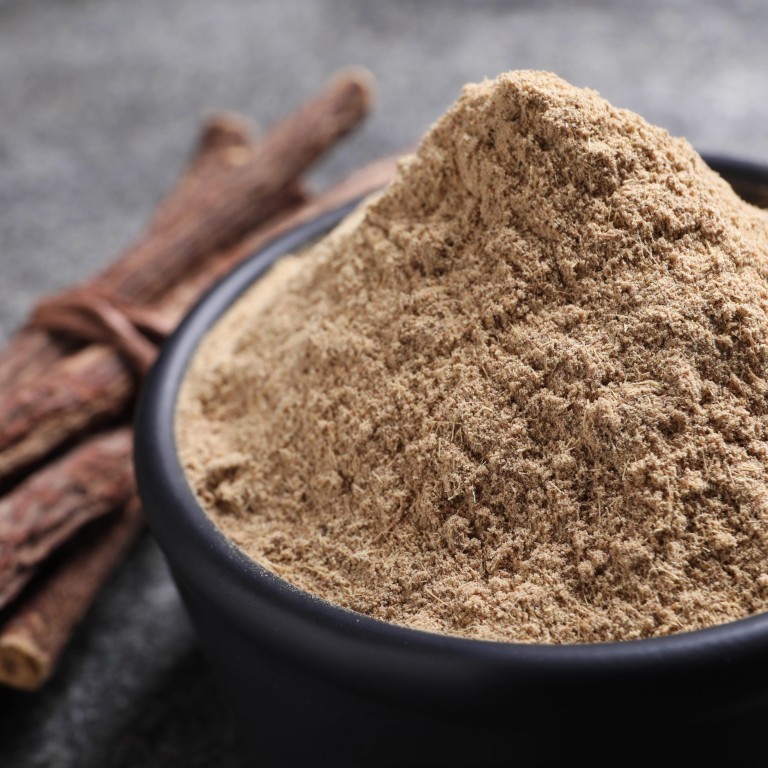
7 Ayurvedic remedies experts say can ease your cold, flu and Covid symptoms – from guduchi and ginger to tulsi and triphala
- Two traditional Indian medicine practitioners provide natural remedies for common colds, flu – even Covid-19- symptoms, such as sore throats, fevers and coughs
- Most of these plant-based ingredients are available in powdered form; for fresh holy basil leaves or stems, consider growing your own
Ayurveda, a 5,000-year-old natural medicine system that originated in India, has been promoted throughout the pandemic as a means of relieving the symptoms of Covid-19, the flu – even the common cold.
Guduchi

Guduchi’s antioxidant, antiviral and antipyretic (fever-reducing) properties make it a clear winner as a medicinal herb, Pandya says. “Guduchi, commonly known as giloy, is my number one pick,” she says.
Also known as Tinospora cordifolia or heart-leaved moonseed, it is best consumed as a tea or in tablet form.

Yashtimadhu
Also known as licorice powder, this herb helps improve voice quality, is good for throat disorders, is a good expectorant (it helps expel phlegm from the lungs) and heals respiratory diseases, Santosh says.

Licorice powder also works to reduce fever, and enhances immunity by boosting interferon levels – a key chemical that helps fight off viruses.
It is best consumed with hot water, Santosh says. Mix five grams (0.18 ounces) of licorice powder in half a cup of hot water, and sip it on an empty stomach early in the morning.
Tulsi
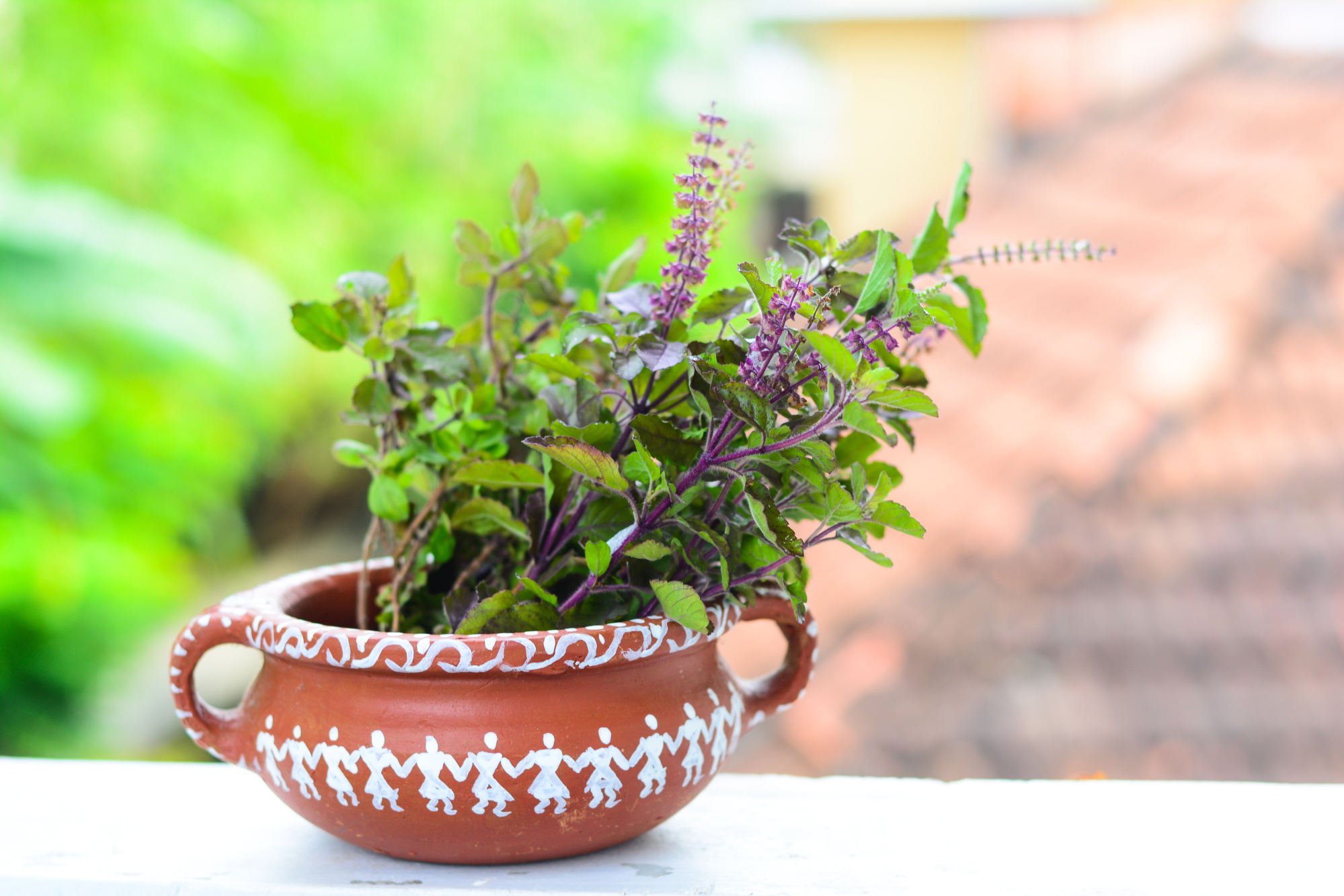
Tulsi, or holy basil, is effective in relieving excess sputum production and can soothe a cough, Santhosh says.
“Crush a few holy basil leaves, strain the juice, and have it with honey – or simply chew three to four leaves every day to keep the nasal passages clear.”
Research has found that tulsi can help loosen phlegm and improve symptoms caused by allergies, asthma or lung disease, and that it is safe to use as a herbal tea – there are several commercially available brands. If tulsi leaves are not widely available, Santosh suggests growing your own tulsi plant at home.
Cloves
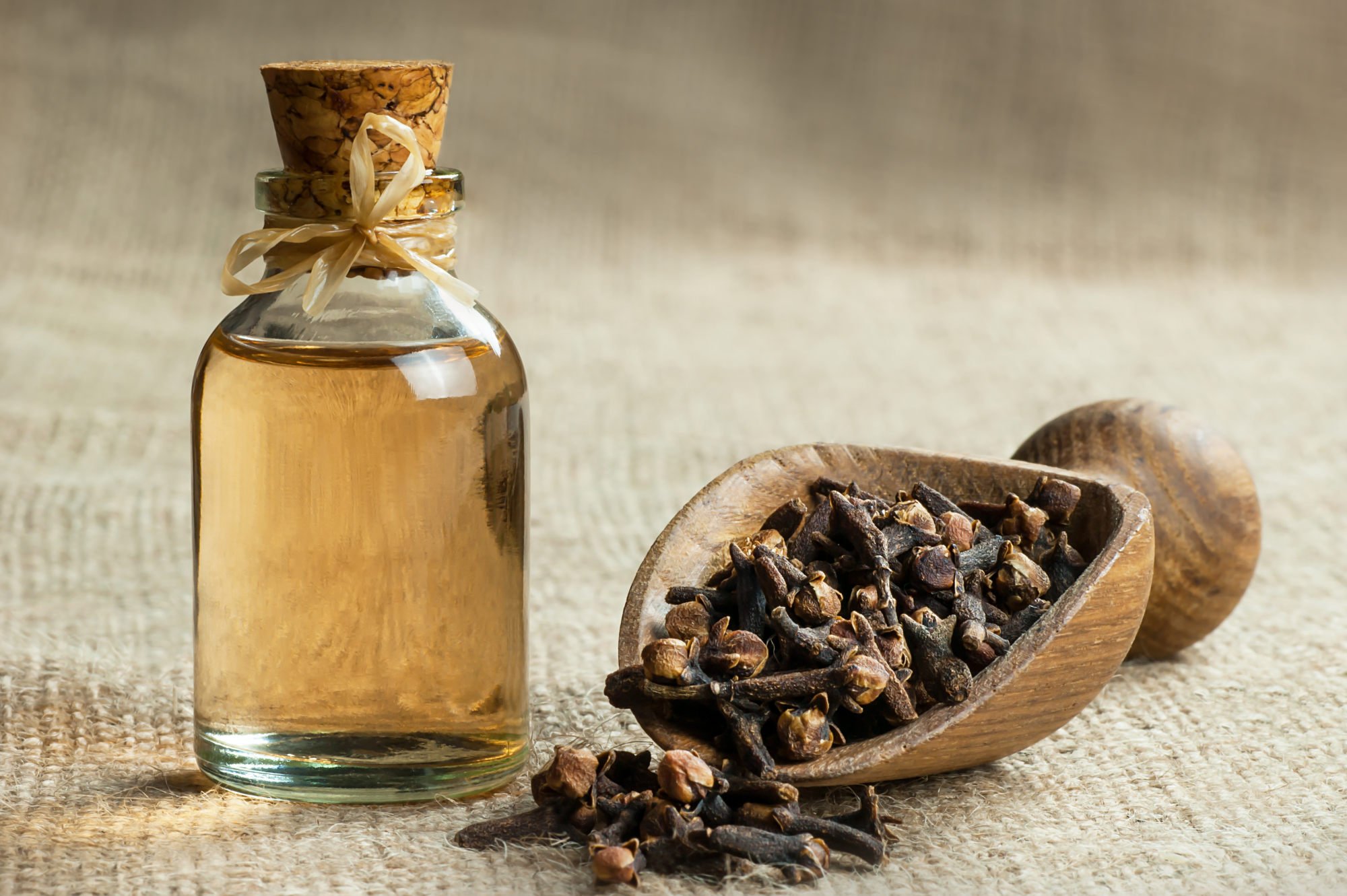
Cloves are used for relief from throat pain – they release an oil compound, eugenol, which soothes the throat and helps build immunity, Pandya says.
Mix one or two ground cloves with a teaspoon of honey and have this at bedtime, she adds.
Ginger
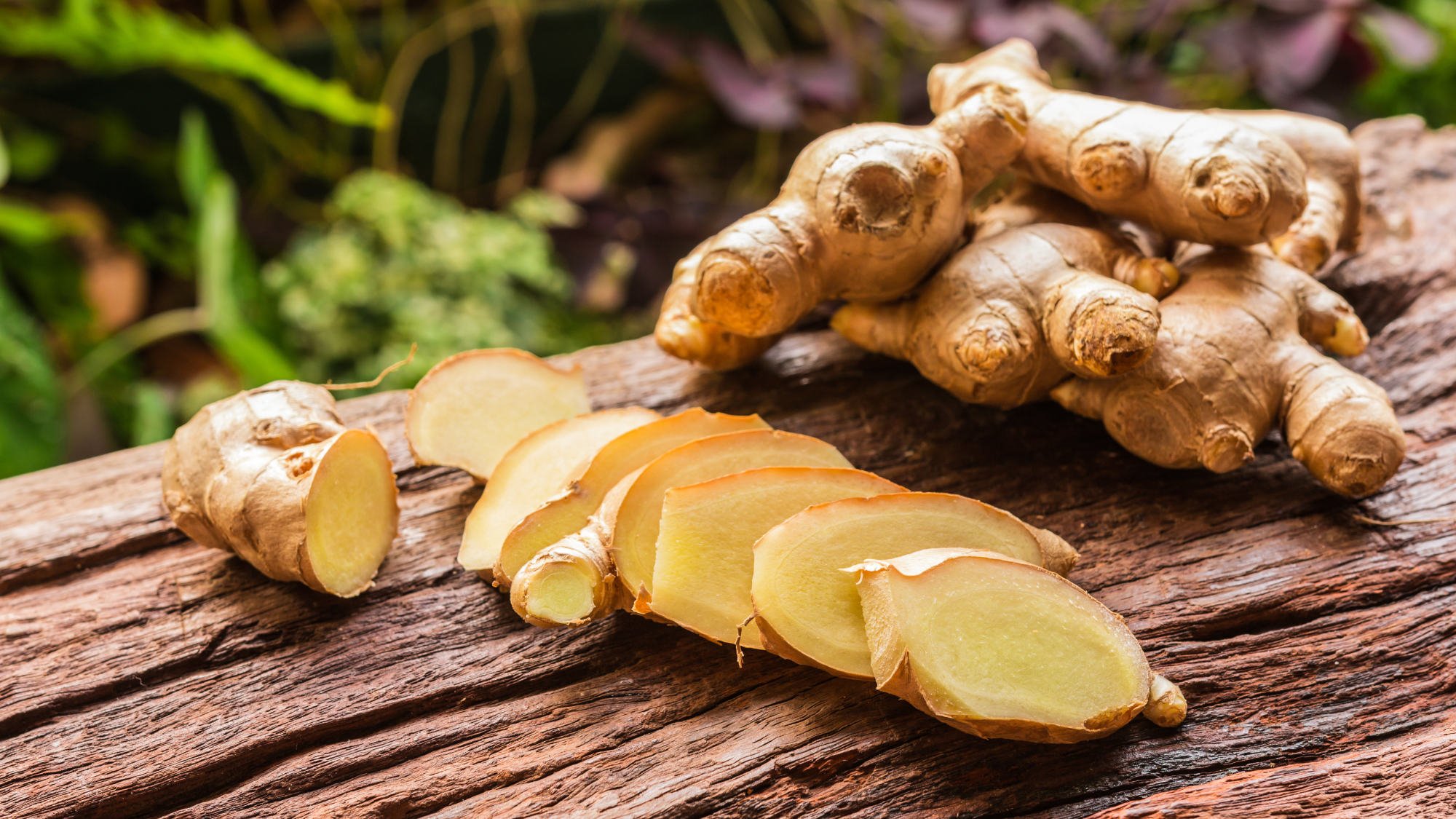
Ginger is considered a universal medicine in Ayurveda. A 2019 study published in the journal Foods concluded that ginger contains diverse bioactive compounds, such as gingerols and paradols, and has antioxidant, anti-inflammatory and antimicrobial properties.
A simple way to consume dry ginger is to boil a teaspoon of dry ginger powder in three to four cups of water for about 10 minutes, and sip on it slowly throughout the day.
Triphala
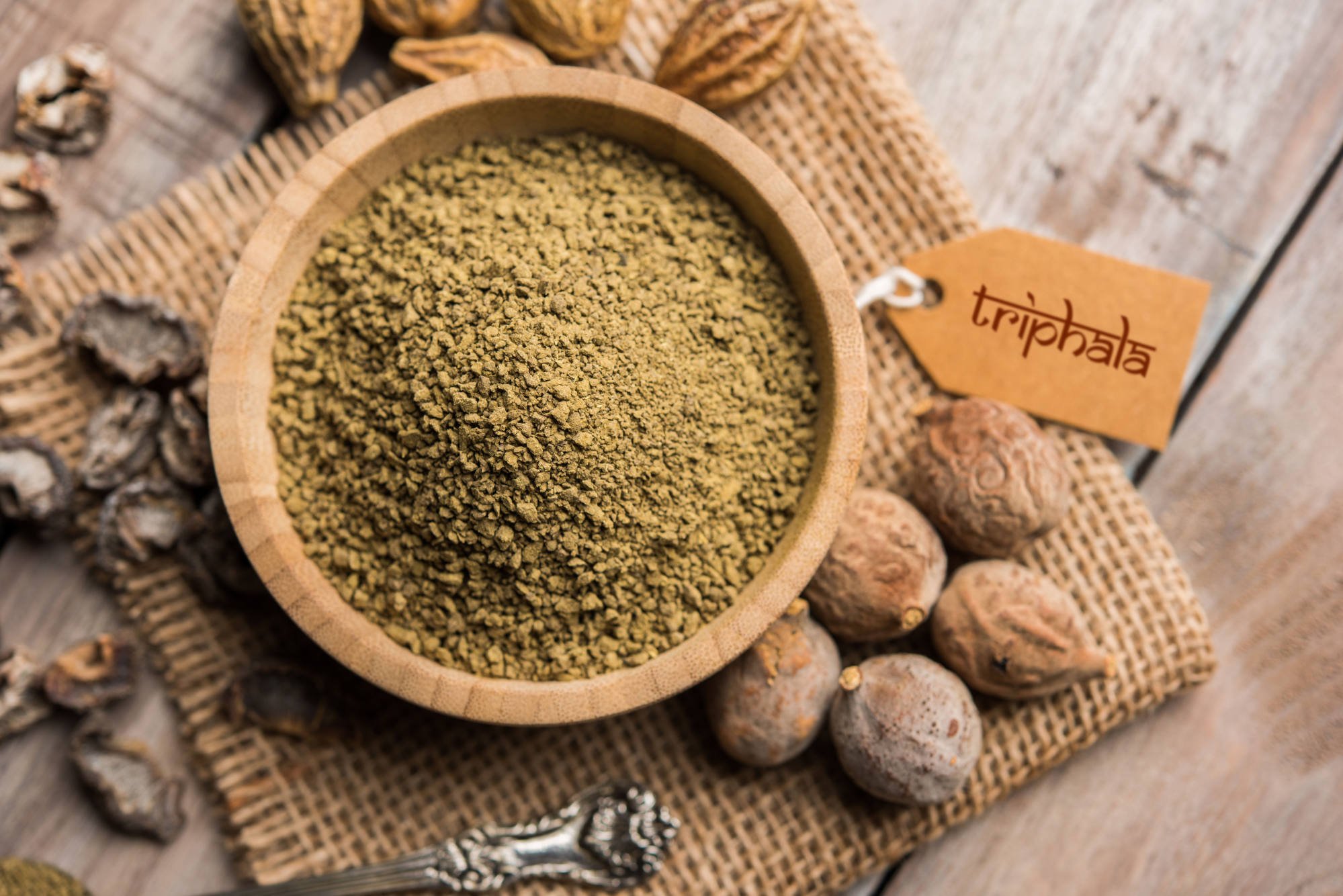
Another important Ayurveda remedy for cleansing and clearing the digestive system is triphala. This is a mixture of three ingredients: amla, or Indian gooseberry; bhibhitaki, or beleric (Terminalia bellirica) – in the ancient Sanskrit language, it is known as vibheeta or “one which destroys the fear of disease”; and haritaki, or black myrobalan (Terminalia chebula).
Triphala is best consumed as a hot tea, and is widely available as a pre-mixed, ready-to-use powder. The best time to have it is just before going to bed.
Trikatu
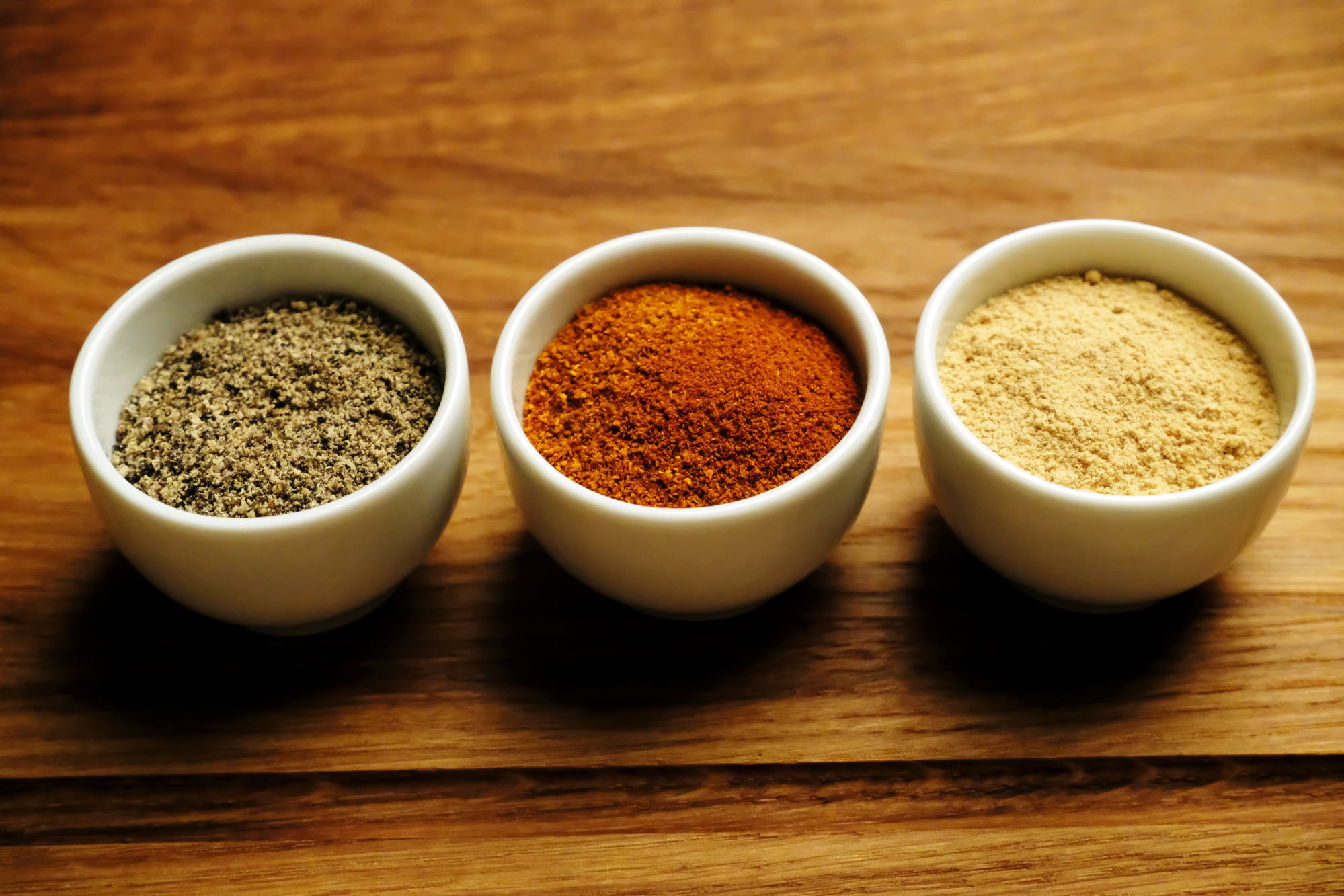
Santhosh recommends a blend of three ingredients, known in Ayurveda as trikatu, for relief from coughs.
“Mix equal quantities of black pepper powder, long pepper powder and dried ginger powder, then add some honey and lick it occasionally throughout the day.”
A review published in the Journal of Complementary and Integrative Medicine concluded that the three-spice blend could be a potential anti-inflammatory and immune-building formulation for combating flu-like illnesses.
Santhosh provides the below Ayurvedic recipe for a rice gruel that uses this spice blend. “It is a great healing and restorative food to have while suffering cold, cough and flu-like symptoms.”
Ayurvedic rice gruel with trikatu
-
100 grams red rice
-
15 grams trikatu powder (three-spice blend, see above)
-
Rock salt
Wash and soak the rice for three hours. Boil two cups of water, and add the drained soaked rice. Add the spice blend. Cook on a low-medium flame, until the rice is fully cooked. Add salt according to taste.

